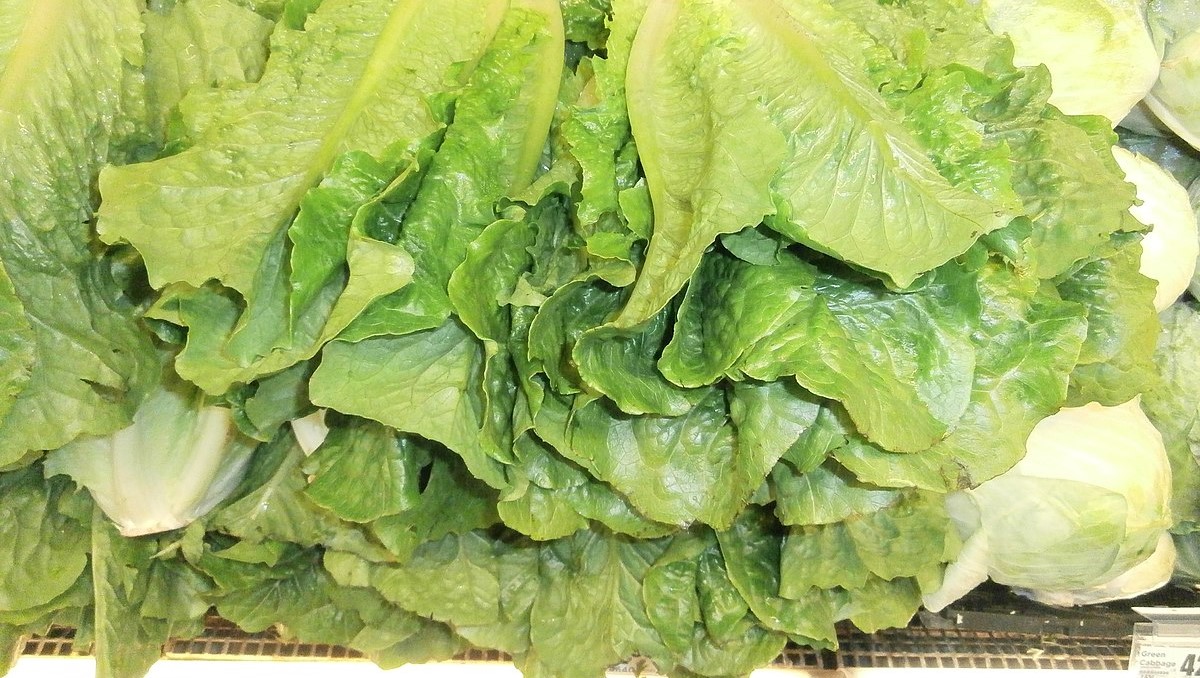
Local
Romaine lettuce E. coli outbreak officially over
The most recent romaine lettuce outbreak, which sickened 62 people in 16 states and the District of Columbia and caused nationwide warnings against any consumption of romaine lettuce, has been declared over by the Centers for Disease Control.
The traceback investigation pointed to farms in the central coast of California as the likely sources of the outbreak. The CDC found the outbreak strain of E. coli 0157:H7 in sediment collected within an agricultural water reservoir on one farm in Santa Barbara County, but the FDA is still investigating how the bacteria could have entered the reservoir, ways in which the romaine lettuce from the farm could have been contaminated, and potential other sources of the outbreak.
The outbreak itself was unrelated to the spring 2018 E. coli outbreak which was also caused by romaine lettuce contamination. Lettuce from the Santa Barbara farm identified in the most recent outbreak is no longer available for sale.
National
Virulent Newcastle disease outbreak spreads to commercial flocks
The Virulent Newcastle outbreak in California began in May of last year and until recently, had affected primarily backyard flocks, with 60,000 birds being eradicated.
In mid-December, however, a 110,000 layer chicken facility in Riverside County detected the disease in their flock. And on January 8 and 10 of this year, two more large commercial flocks detected the disease. Investigators are monitoring other farms in the area and urging proper biosecurity practices.
Virulent Newcastle is a highly contagious and fatal disease to chickens, with up to a 100% fatality rate in unvaccinated flocks. Massive bird kills are the only option to stop the spread of the disease and eradicate it, according to California Department of Agriculture spokesman Steve Lyle. “No one wants their birds euthanized,” he said. “In fact, we don’t like the idea of euthanizing birds at all, but we know scientifically that this is the only option that will stop the spread of the virus and eradicate the disease.”
International
France announces wild boar culling to stop African swine fever
African swine fever was detected in two wild boars in Belgium only one kilometer from the border of France on January 9, prompting the country to attempt to cull all wild boar in the coming weeks in a zone several kilometers wide on the French side of the border and erect a perimeter fence.
The French government released a statement that they are “at a maximum risk level.” The discovery of the virus among wild boar in Belgium last year raised the imminent threat of the disease spreading to the large western European pork producing countries such as France, Germany, and Spain. In addition to France, Poland is also planning to cull 185,000 wild boars within the country after facing ASF cases within its borders.
African swine fever is a highly contagious virus that can be spread by human movement and pork products in addition to wild boar. The virus has disrupted the swine industry and caused restrictions on exports in the countries where it has been found.
